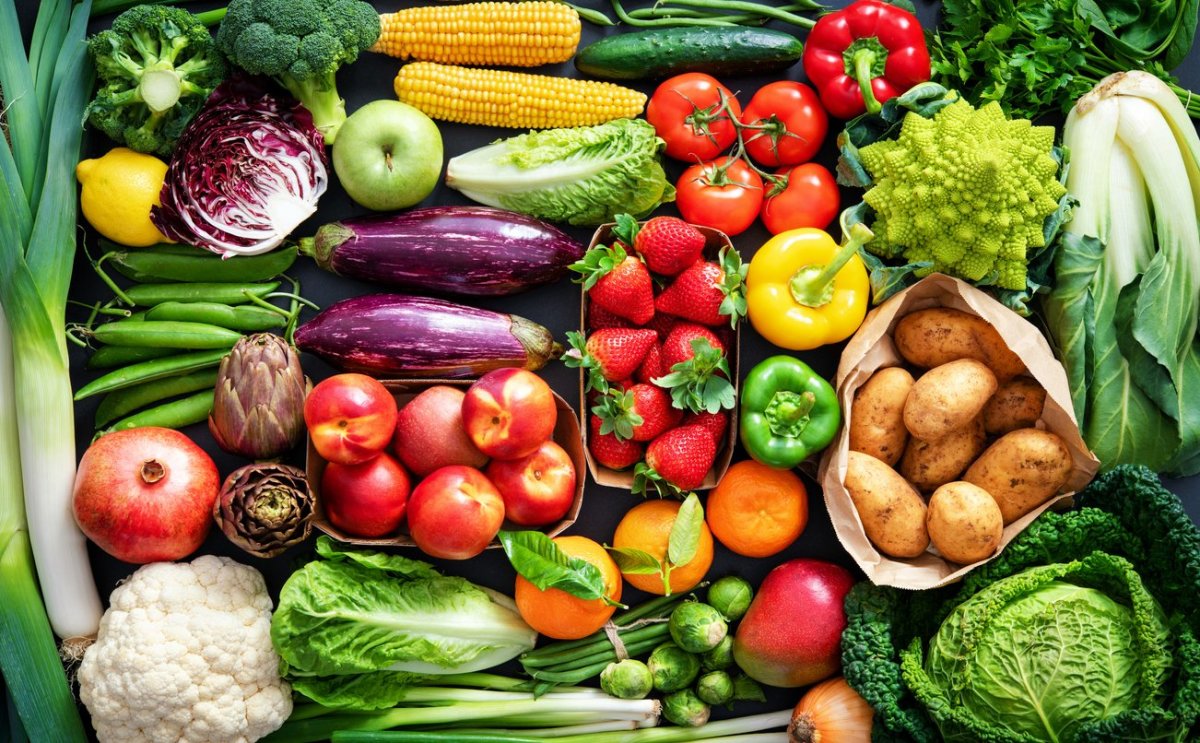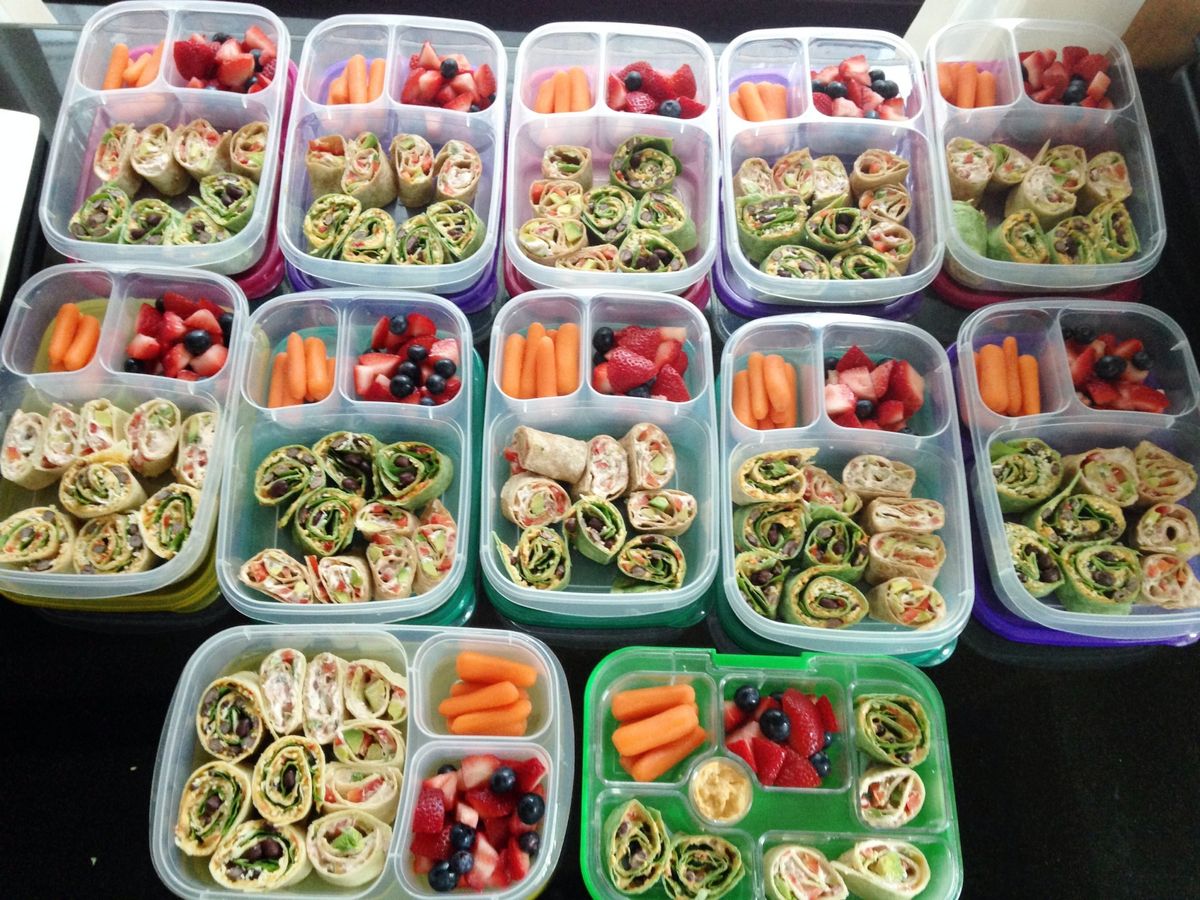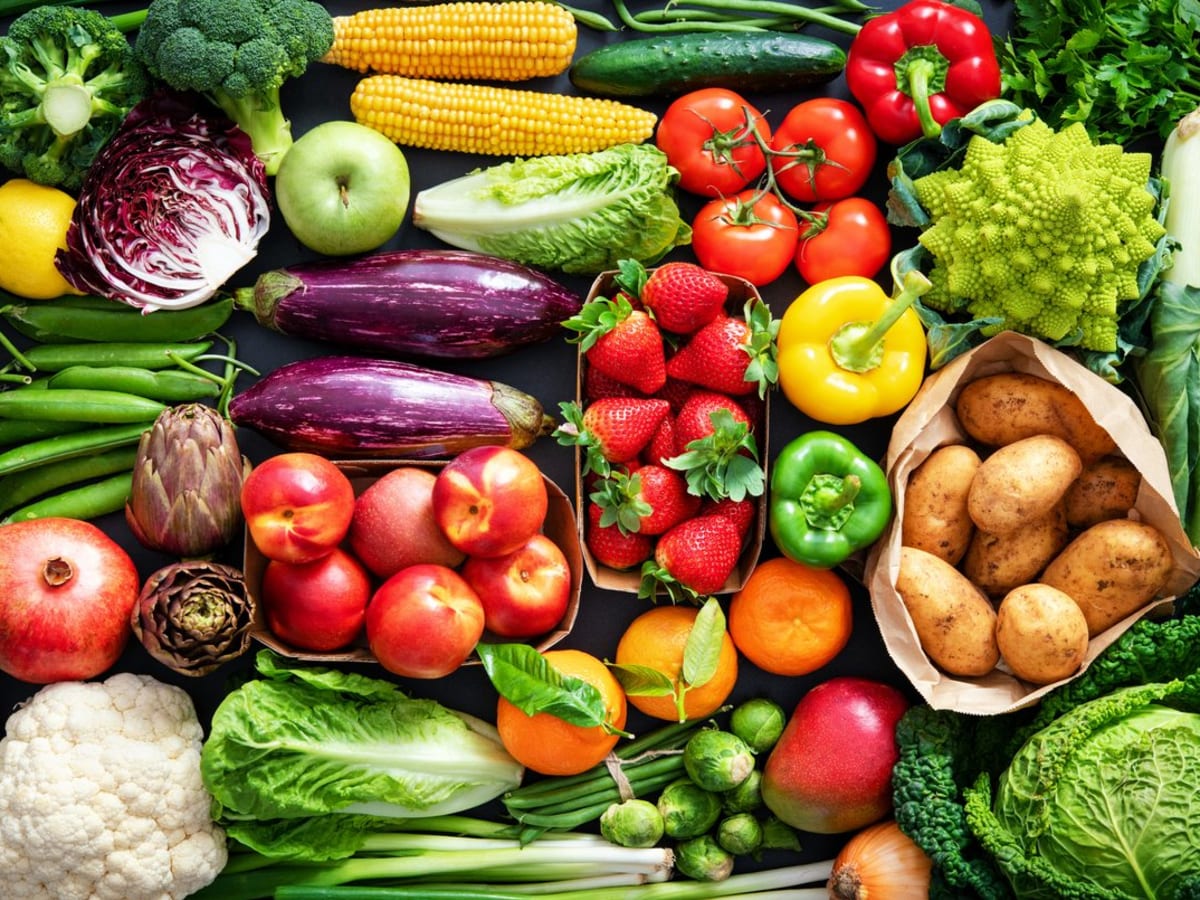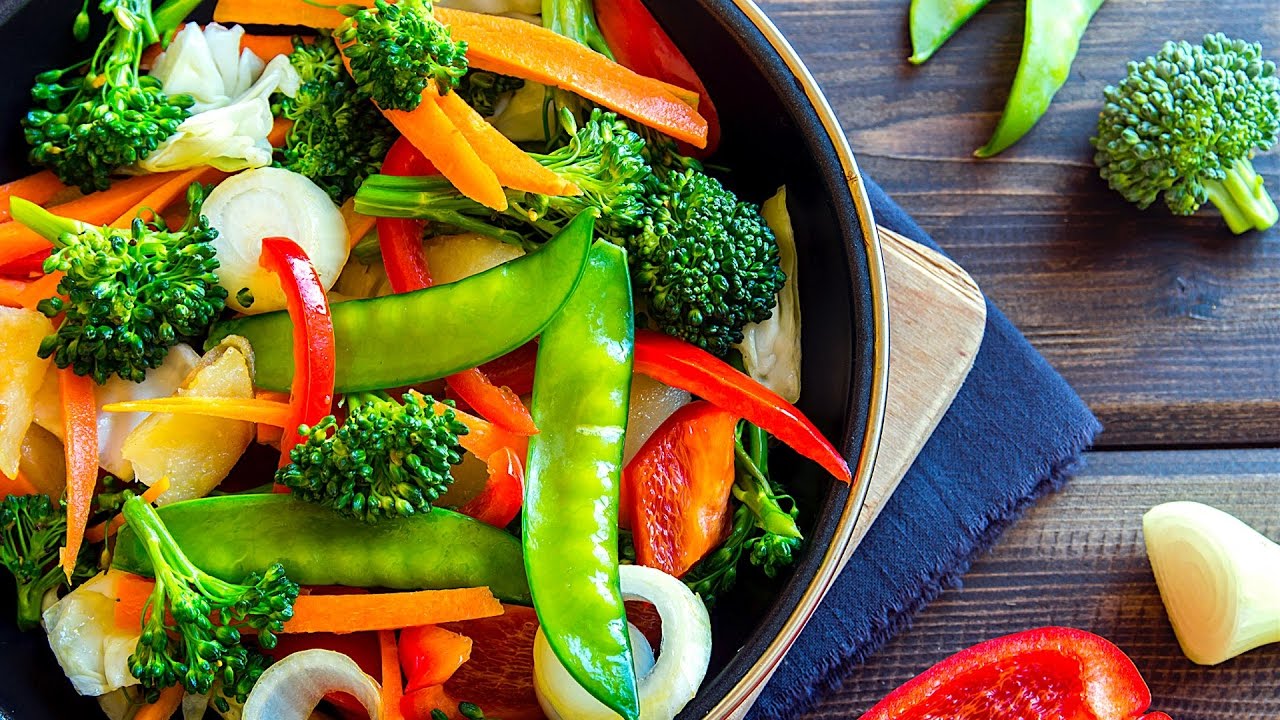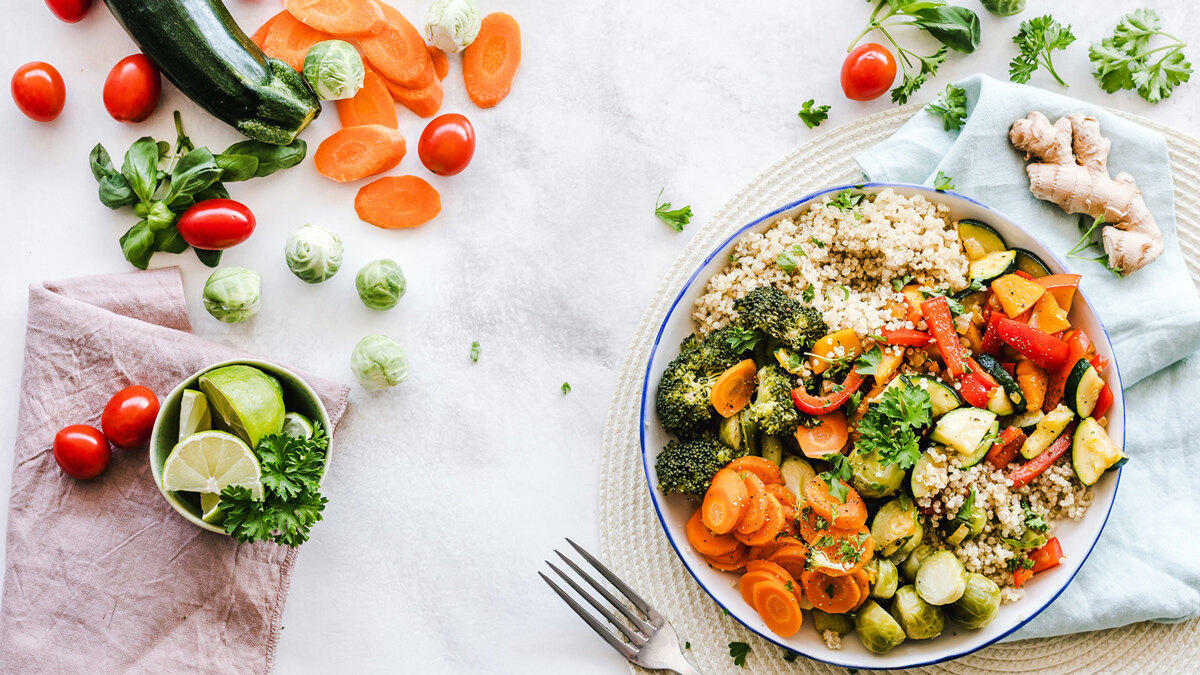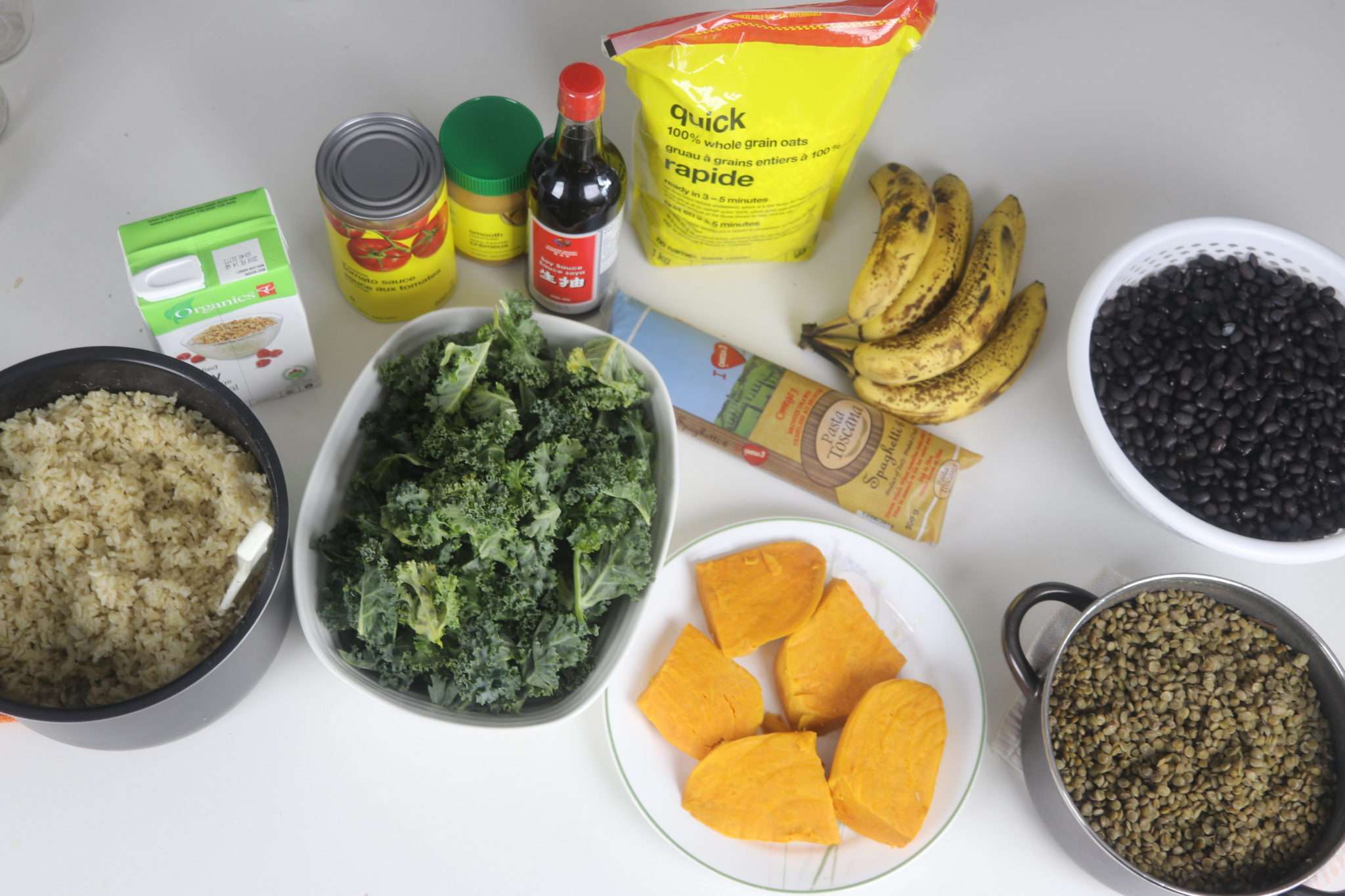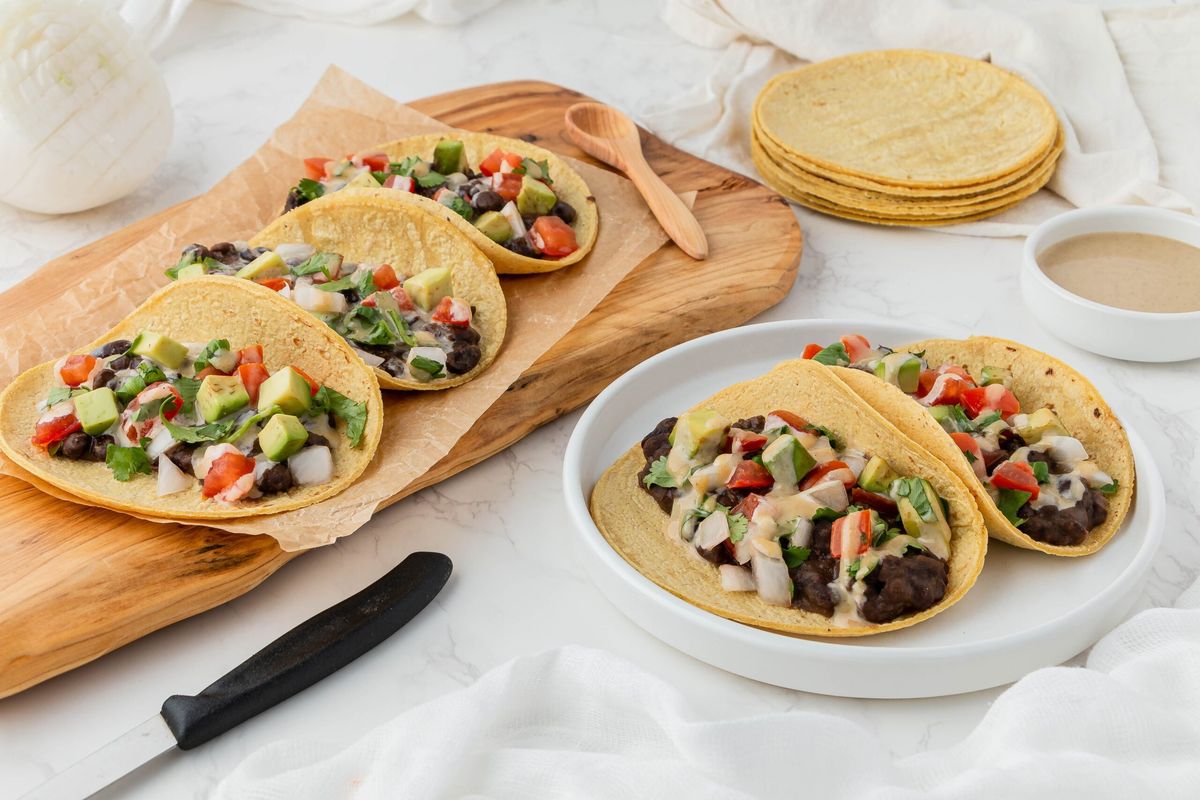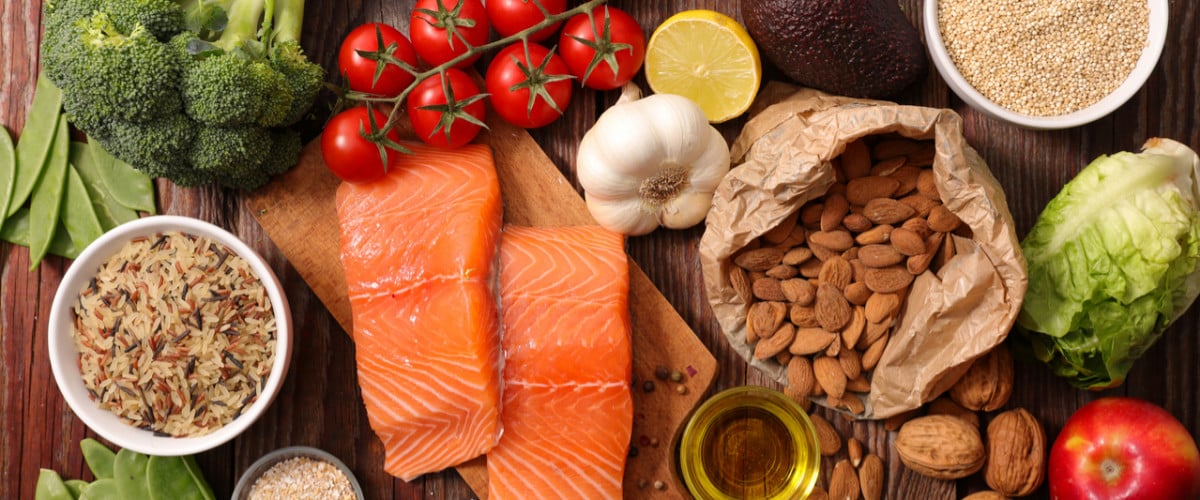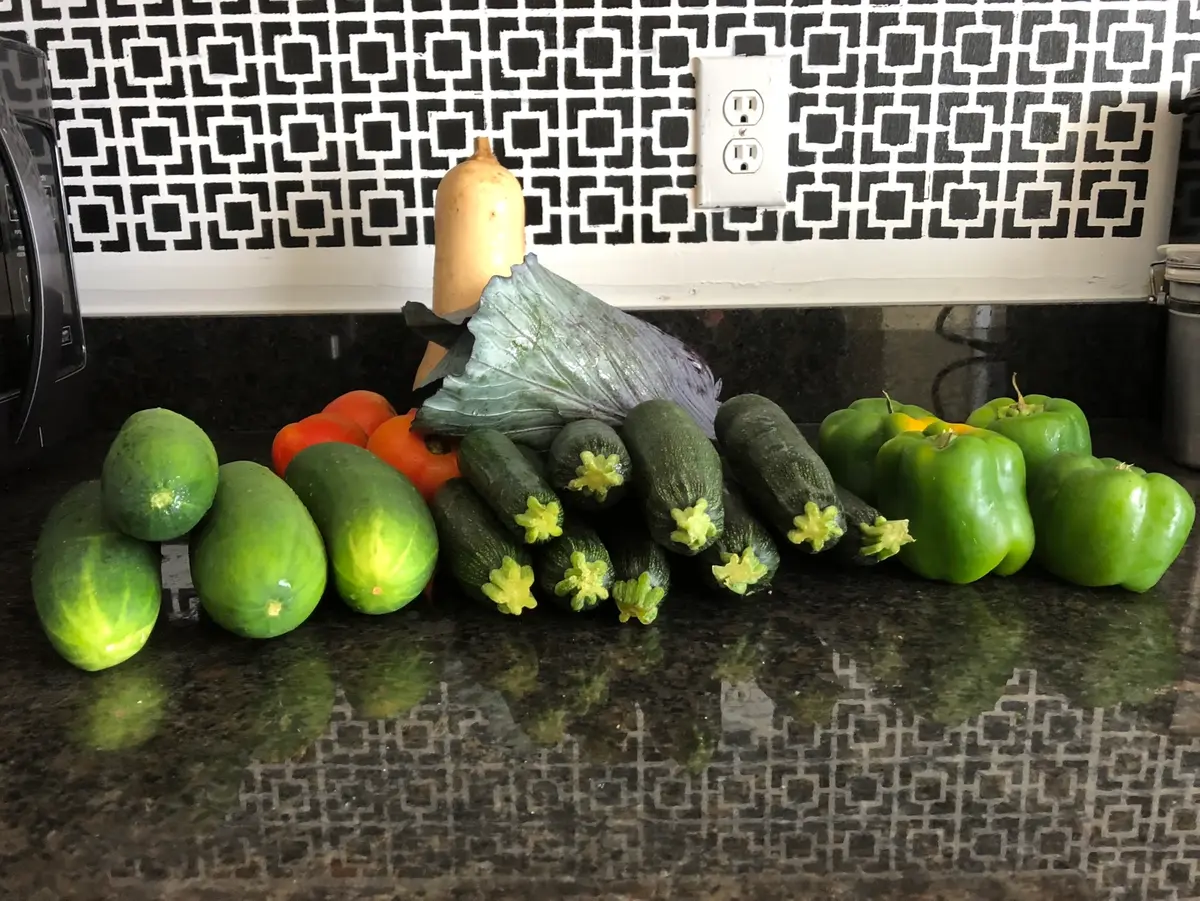How to Enjoy Nutritious Whole Foods Without Breaking the Bank
Many people believe that eating healthy, whole foods is expensive. However, with some smart shopping and meal planning, it’s possible to enjoy a nutritious diet without straining your budget. Here are some tips on how to eat whole foods on a budget:
1. Buy in Bulk
When it comes to whole foods, buying in bulk can save you a significant amount of money. Look for whole grains, nuts, seeds, and legumes in the bulk section of your grocery store. Buying in larger quantities often results in a lower price per unit, allowing you to stock up on essentials without overspending.
2. Plan Your Meals
Meal planning is a key strategy for eating whole foods on a budget. By planning your meals in advance, you can create a shopping list that includes only the items you need, reducing the likelihood of impulse purchases. Additionally, planning your meals allows you to buy ingredients that can be used in multiple dishes, minimizing waste and stretching your food budget further.
3. Embrace Seasonal Produce
Seasonal fruits and vegetables are often more affordable than their out-of-season counterparts. Visit your local farmers’ market or grocery store to see what’s in season, and base your meals around these ingredients. Not only will you save money, but you’ll also enjoy produce at its peak freshness and flavor.
4. Cook in Batches
Cooking in batches and preparing large quantities of food at once can help you save both time and money. Consider making big batches of soups, stews, or casseroles that can be portioned out and enjoyed throughout the week. This approach can prevent the need for expensive last-minute takeout and reduce food waste.
5. Compare Prices
Not all grocery stores offer the same prices for whole foods. Take the time to compare prices at different stores in your area, and consider shopping at discount or wholesale stores for bulk purchases. Additionally, keep an eye out for sales and promotions on whole food items, and stock up when prices are lower.
6. Utilize Frozen and Canned Options
While fresh produce is wonderful, frozen and canned fruits and vegetables can be just as nutritious and are often more budget-friendly. Stocking up on frozen and canned whole foods can provide you with a variety of options that won’t spoil quickly, allowing you to minimize food waste and always have healthy ingredients on hand.
7. DIY Kitchen Staples
Many kitchen staples, such as nut butters, granola, and salad dressings, can be made at home for a fraction of the cost of store-bought versions. Consider making these items from scratch to save money and have more control over the ingredients you’re consuming.
By implementing these strategies, you can enjoy a diet rich in whole foods without straining your budget. With a little planning and creativity, eating nutritious meals can be both affordable and delicious.
